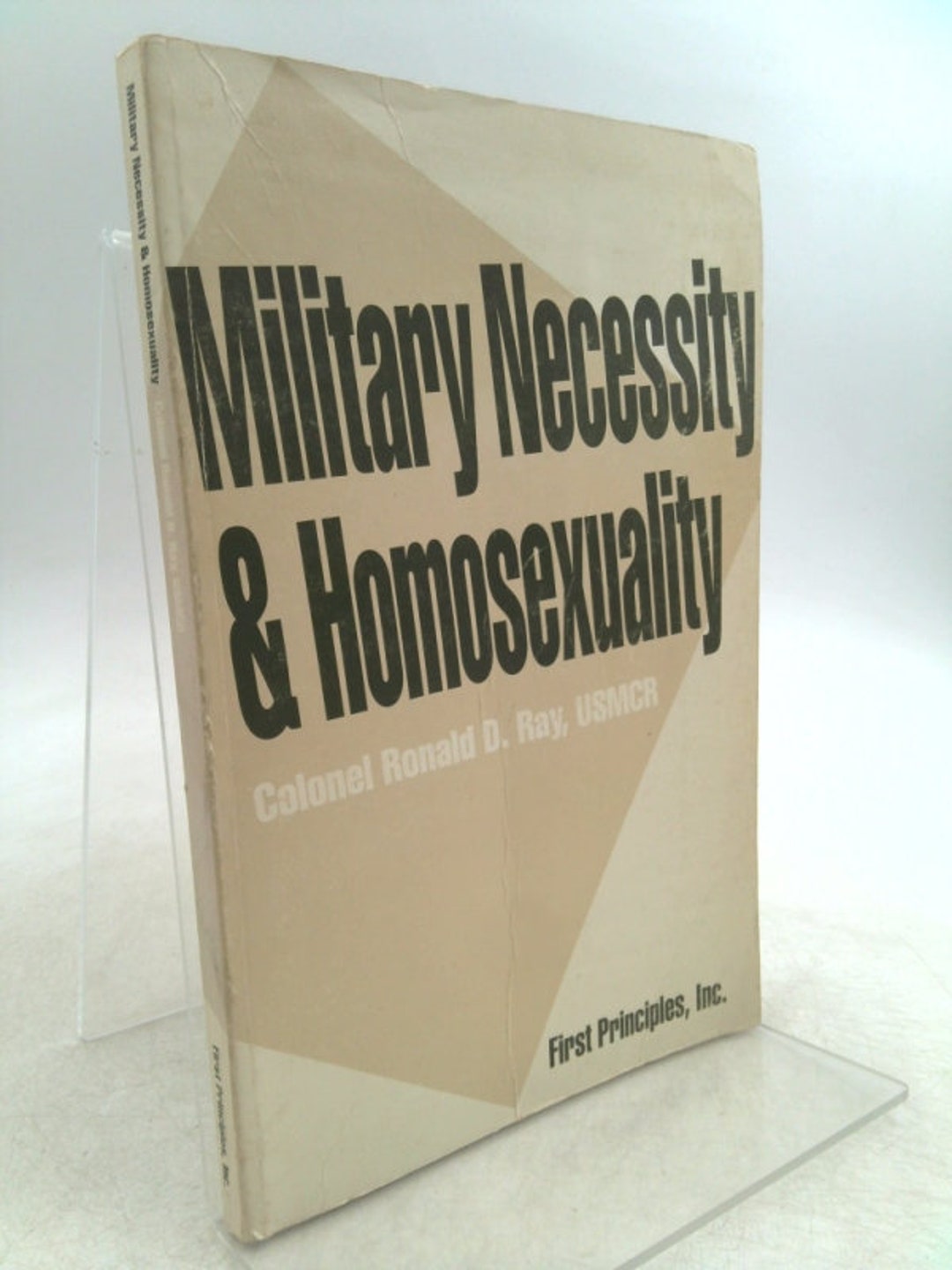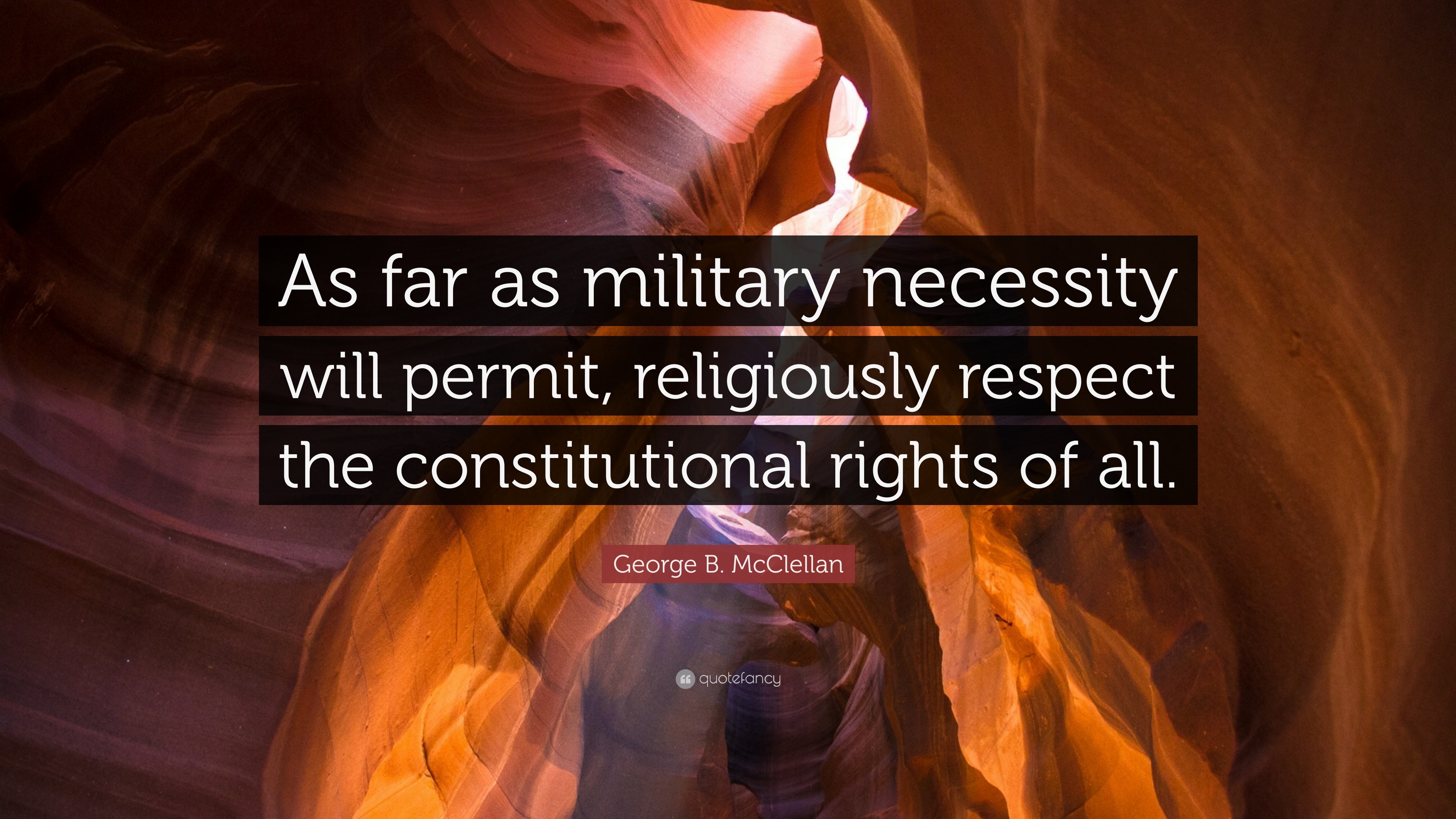Military Necessity - Mental Health Worker means a person who assists in planning, developing and evaluating mental health services for Clients; ensure the connection between the Customer and the service provider; and have completed a bachelor's degree in a behavioral science field such as psychology, counseling, or social work, or have two years of experience providing client-related services to clients with mental health, substance abuse disorders
or alcohol. Training in a behavioral science field such as psychology, counseling, or social work can replace up to one year of the experience requirement. Decisions of field commanders in combat regarding military necessity and proportionality are rarely the subject of national or international legal challenges, unless the methods of warfare used by the commander were not illegal, as in the case of Radislav
Military Necessity
 Source: www.dlpforum.org
Source: www.dlpforum.org
Krstic who was found guilty as an accomplice. and Abbot of Genocide by the International Criminal Tribunal for the former Yugoslavia for the Srebrenica massacre. Medical leave means leave of absence of up to 12 working weeks in a 12 month period due to a serious medical condition which renders the employee unable to work or unable to perform one or more essential job functions.
Classification Of Armed Conflict
. of this employee. The term "essential function" is defined in Section 12926 of the Government Code. "Medical leave" does not include leave taken for an employee's pregnancy incapacity, as defined in item (n) below, except as provided below in section 11093(c)
(1) . The principle of distinction requires parties to an armed conflict to distinguish at all times between military objectives and civilian objects[2]. In cyberspace, this means that in times of armed conflict, the widespread and indiscriminate use of computer tools is prohibited.
On April 24, 1863, U.S. President Abraham Lincoln issued "General Order No. 100: Instructions for the Government of the United States Army in the Field", commonly referred to as the "Lieber Code" after its principal author
Francis (Franz) Lieber. The Lieber Code established the rules of conduct during hostilities for Union soldiers during the American Civil War. Even today, it remains the basis for many regulations on the laws of war in the United States, and is cited in the preface to the Department of Defense's Laws of War Handbook.
Key International Humanitarian Law Instruments
The Lieber Code inspired other countries to adopt similar rules for their armies and was used as a model for international efforts in the late 19th century to codify the laws and customs of war. During the first substantive session of this working group, many delegates reaffirmed the valuable consensus on international law reached by government groups or experts in 2013 and 2015. In the view of the ICRC, the view
shared between States is that international law applies in the field of information. and telecommunications provide the basis on which this working group must rely. Article 8(2)(b)(iv) criminalizes: Deliberately launching an attack knowing that the attack will cause death or injury to civilians or damage to civilian objects or widespread damage
 Source: c8.alamy.com
Source: c8.alamy.com
, durable and serious to the natural environment it is clearly concrete and direct. anticipated overall military advantage; Article 8(2)(b)(iv) reproduces the principle of Article 51(5)(b) of the 1977 Additional Protocol to the Geneva Conventions of 1949, but limits the criminal prohibition to cases "obviously"
excessive. The application of Article 8(2)(b)(iv) requires, among other things, an assessment of: (a) anticipated civil damages or injuries; (b) anticipated military advantage; (c) and whether (a) is "very clear" compared to (b). From a legal point of view, there is no need to worry that limiting cyber operations during an armed conflict would allow the use of hostile cyber operations or should make their use legal.
Military Necessity As Indifferent Permission
The Charter of the United Nations prohibits the use of force other than in self-defence or when authorized by the Security Council. This requires that international disputes be settled by peaceful means. Medical necessity means a service or supply provided by a physician or other health care provider who applies sound clinical judgment for the purpose of preventing, evaluating, diagnosing, or treating an illness, injury, or disease or
its symptoms, and the provision of that service or supply is: Military necessity also includes, conversely, it is a limitation to the application of international humanitarian law, thus stating that all acts of war that are not necessary to achieve legitimate objectives are prohibited.
IHL classifies armed conflicts as international armed conflicts (IAC) or non-international armed conflicts (NIAC). The precise categorization of armed conflicts is necessary to determine the rules applicable to the conflict: those of the CAI (essentially found in the four Geneva Conventions and Additional Protocol I) or those of the NIAC (generally contained in Article Three common to the four Conventions
of Geneva). Conventions and Additional Protocol II) . The situation of occupation is governed by IHL, namely the Fourth Geneva Convention and Additional Protocol I. Block reference: #c01e08ea-b9e0-11ed-97e0-6265506b6e4b VID: Previous IP #: 170.64.142.1 Date and time
Access Check
: Fri 03 Mar 2023 16:30:46 GMT Javascript disabled Treaties and customary international law are the two primary sources of IHL rules and regulations. A treaty is an agreement between states, and the state that ratifies the treaty is bound by its terms.
Although non-State armed groups cannot sign treaties, the rules of IHL treaties such as General Article Three and Additional Protocol II remain applicable to these actors. In the coming months, you, the state, will be working on a joint report.

The ICRC asks you to reaffirm the application of international law in the field of information and telecommunications and to specify that this includes IHL - it being understood that such an affirmation does not support the militarization of cyberspace or the legitimacy of
cyberwar. Additionally, we invite you to commit to further work to develop a common understanding of how IHL applies to cyber operations during armed conflict. The concept of military necessity has been criticized by war theorists, who consider that ethical considerations must enter into the debate on war.
Military Necessity In Its Material Normative And Juridical Contexts
This answer is characterized by two extreme positions. On the one hand, absolutists dismiss the concept of military necessity as a farce, concocted by elites or military organizations to justify whatever is necessary to win a war, reduce the risk of defeat, or even reduce the cost of war.
. Absolutists argue that moral considerations always trump cost-benefit calculations, no matter how extreme the situation. On the other hand, utilitarians view military necessity as compatible with the law of war. While the concept defines the limits of the law, it also serves as a prohibition on war by limiting violations to actions that are absolutely essential to ensuring the end of war.
Military necessity gave the drafters of IHL rules two things. First, they should consider allowing their opponents to do what is necessary and avoid what is unnecessary. Second, military necessity led planners to consider leaving combatants free to destroy themselves by neglecting opportunities and distracting themselves with mistakes.
Whether an armed conflict is a CAI or a NIAC has important implications. For example, prisoner of war (POW) status, as well as combatant status, are only found in the rules applicable to the IAC. The rules governing hostilities, as well as humanitarian access and assistance, are more detailed for the IAC.
Disclaimer Policies
Altogether, the agreement rules apply to nearly 600 total TSIs; which applies to NIACs with fewer than 30. This lack of guidance can present a challenge as the majority of contemporary conflicts are NIACs. To address this issue, one can look to customary international law, which includes certain rules that have evolved to address both TSI and NIAC situations.
The absolute rule of IHL excludes any request for deviant behavior arising from indifferent considerations, including military necessity. The situation may be different when the request arises from an indifferent consideration. Although humans sometimes show indifference, they often demand action and punish others.
Source: www.quotehd.com
It is possible that humanitarian imperatives modify the legality of actions beyond the rules incompatible with the law. Catastrophic illness or "injury" means illness or injury which is expected to incapacitate the employee for an extended period of time or incapacitate an employee's family member which may require the employee to be absent from work for
an extended period. time to care for those family members, and missing work for longer hours creates financial hardship for employees because they have used up all of their sick leave and other paid hours. The normative indifference of military necessity also means that there is no conflict with humanity.
If humanity demands what the military needs, it must remain open to belligerents to act in a way that satisfies them. Even if humanity punishes what military necessity permits, the belligerent can still satisfy both by acting in accordance with humanity.
Our system has detected unusual traffic activity on your network. Please complete this reCAPTCHA to demonstrate that you are making the request and not a robot. If you're having trouble viewing or completing this challenge, this page can help.
If you continue to have problems, you can contact JSTOR support. The use of the term “global war on terrorism” has led to some misunderstandings about the application of IHL in certain situations. "The Global War on Terror" is a political expression, not a legitimate artistic term.
Thus, the "global war on terrorism" is not an armed conflict. A proper way to analyze conflicts that fall under this umbrella is to look at the location of the conflict – Iraq, Afghanistan, Somalia, Yemen, etc.
- and to assess each to know if it is a CAI or a NIAC, governed by the relevant framework. In a strictly amoral context, military necessity separates wars that are effective and conducive to success from those that are not.
Such a notion only requires the truism that there is strategic self-interest in every war to maximize success and minimize failure. In addition, the principle of proportionality prohibits attacks likely to cause indirect harm to civilians that would outweigh the anticipated military gains.[3]
 Source: i.etsystatic.com
Source: i.etsystatic.com
A particular risk in cyberspace is that malware, even if used for military purposes, can spread and cause large-scale civilian harm. The principle of proportionality requires parties to an armed conflict to ensure that incidental damage is not excessive.
The 'Code Leber' is mentioned in 'come all' written by James Joyce about the Thanksgiving dinner given by the Jolas family in Paris in 1937. According to international humanitarian law and the Rome Statute, the death of civilians in conflicts
armed, no matter how serious and unfortunately, it is not just a war crime. International humanitarian law and the Rome Statute allow combatants to carry out proportionate attacks against military objectives, [1] even if civilian casualties or injuries are known to occur.
A crime is committed if there is a deliberate attack directed at civilians (principle of distinction) (Article 8(2)(b)(i)) or an attack is launched against a military objective in the knowledge that accidental civilian injury will be
obvious. excessive in relation to the intended military advantage (principle of proportionality) (Article 8(2)(b)(iv). Legally, military necessity exempts actions from certain rules of IHL that primarily determine contrary conduct. Such actions must show, cumulatively, whether it is conducted primarily for a specific military purpose; that is necessary to achieve the purpose; that the purpose sought is consistent with IHL; and that the action is consistent with IHL. At the heart of IHL reflects the
balance between military needs and humanitarian considerations in the context of conflict Humanity, as the foundation of IHL, describes the mandate in conflict to alleviate suffering and save lives, and to address humanity and respect for each individual Military necessity is the justification for taking measures necessary to achieve military objectives, if such measures comply with international humanitarian law The IAC definition s
e found in Article 2 common to the four Geneva Conventions one. It states that the rules of the IAC apply to "all cases of declared war or any other armed conflict which may arise between two or more High Contracting Parties...".
Thus, the IAC can only be between two or more states. IHL is part of general international law. General international law is a body of treaties, customary law, principles and norms. The traditional framework only governs relations between States.
 Source: quotefancy.com
Source: quotefancy.com
However, it has evolved to cover a variety of actors. IHL is important in this regard, because it recognizes the obligations of armed groups of States and non-States parties to an armed conflict. Add your own Mailchimp form style to the stylesheet site or in this style block.
We recommend that you move this block and the preceding CSS link to the HEAD of your HTML file. */ #mc-embedded-subscribe-form input[type=checkbox] { display: i online; width: auto; margin-right: 10px;} #mergeRow-gdpr {margin-top: 5px;} #mergeRow-gdpr fieldset label {font-weight: normal;} #mc-embedded-subscribe-form .mc_fieldset{border: none;min-
height: 0px;padding-bottom:0px;} Military Installation means: a base, camp, post, station, yard, center, home port installation for any vessel or other activity under the jurisdiction of the Department of Defense, including facilities for lease, located in any of the States, the District of Columbia, the Commonwealth of Puerto Rico, the United States Virgin Islands, Guam, American Samoa, the Northern Mariana Islands and d
other US territories. The term does not include any facility used primarily for civil projects, river and port projects or flood control projects. The Lieber Code consists of 157 provisions dealing with various legal issues to be considered in armed conflict.
It contains general principles, but also detailed rules. Among the issues discussed are whether armed forces are justified by military necessity, humanitarian principles, the distinction between combatants and civilians, the status of prisoners of war, reprisals, and permissible methods and means of warfare.
However, some rules are no longer permitted under modern humanitarian law. Article 17, for example, states that civilian hunger is legal: the Lieber Code has had a lot of influence around the world. Shortly after its publication, it was also fully endorsed by other countries or inspired them to issue similar manuals for the conduct of their armies.
The Prussian army translated and approved the Lieber Code as a guide for soldiers in the Franco-Prussian War in 1870. The Netherlands published a similar manual in 1871, as did France (1877), Switzerland (1878) , Serbia (1879), Spain (1882), Portugal (1890), Italy (1896) and Great Britain (1884).
Between these two extremes, there are those who want to find a balance between human needs and military needs. They demand that violation of the rules of war be preceded by a calculation that takes into account the risks that military actors may take, the value of victory, the cost of defeat, and the extent to which the moral imperative is placed
in danger. . These moderate criticisms leave room for the justification of the necessity of the army in cases of extreme urgency, such as threats to the survival of the community rather than defeat or occupation.
definition of military necessity, military necessity loac, military necessity ihl, emancipation proclamation military necessity, military necessity law of war, army wife blog, principles of military necessity, principle of necessity international law